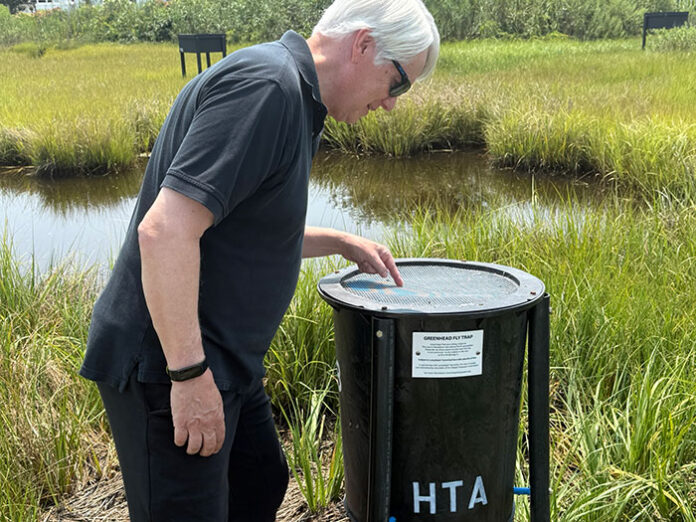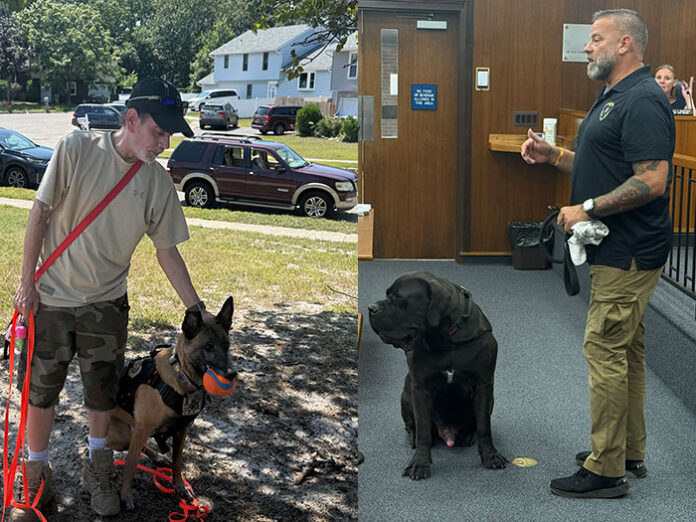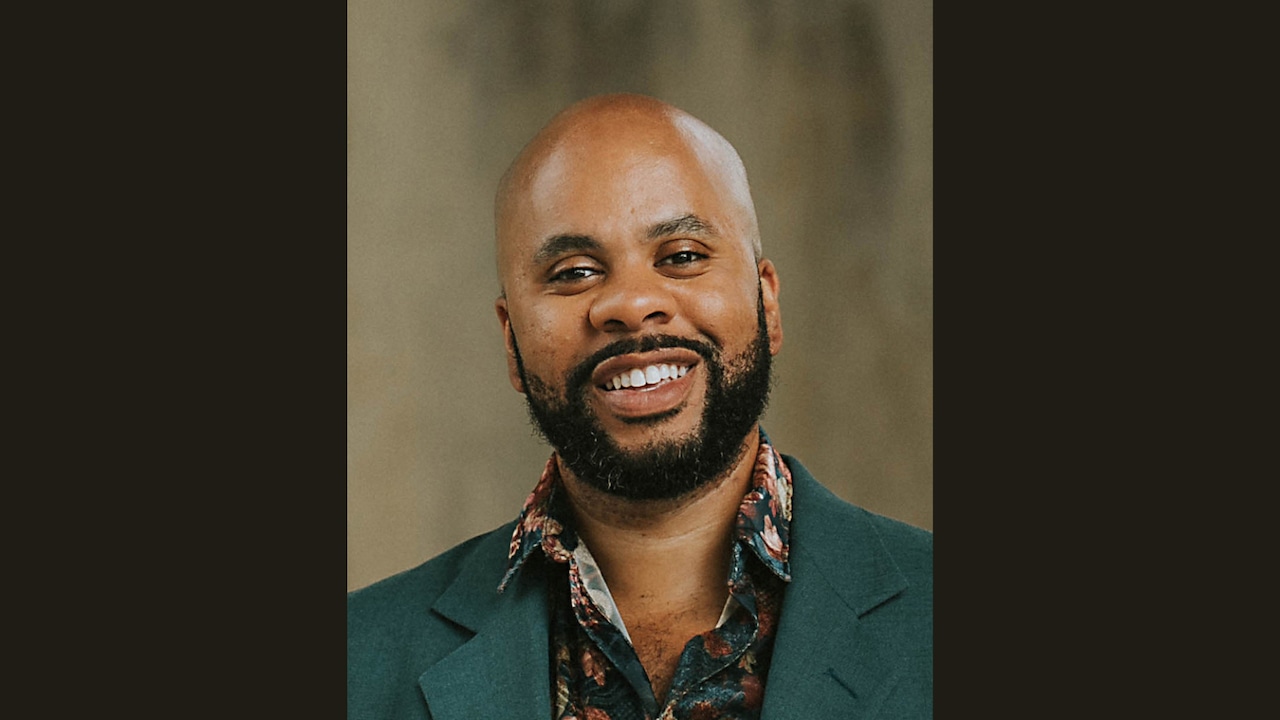Tom’s River The Township Council’s majority decided to alter the town’s hiring practices for police officers, giving preference to veterans over college graduates. The move’s detractors claimed it was an attempt by the mayor to exert control over the police chief.
A bachelor’s degree or 64 credits and two years of service as a full-time active military member or as a police officer elsewhere were prerequisites for the prior hiring ordinance. An associate’s degree, 60 college credits, or two years of military experience are substituted for this in the recently authorized version.
In the revised version, candidates would be interviewed by the police chief, the mayor, and the business administrator instead of the command staff members of the police department.
When this modification was passed at the most recent Township Council meeting, Mayor Daniel Rodrick praised it as a means of helping veterans.
He stated, “I believe the U.S. military goes above and beyond to prepare you to be a Toms River Police Officer.” The police academy would still be required of them.
He added that following a background investigation, psychological testing, and medical examination, an individual who is currently an officer in another town may be eligible to join the Toms River police force.
“I don’t agree with the idea that this is lowering the standards in any way,” he added. You can police the streets of Toms River if you can police the streets of Afghanistan or Baghdad.
The people used the microphone to voice their disapproval of this modification.
Regular critic Bob Tormollen pointed out that if the mayor hadn’t increased the starting salary of EMTs to match that of policemen, the town would have a greater chance of employing police officers.
According to resident Juan Serrano, a veteran who has spent their whole tenure as a clerk may lack the knowledge and expertise required of a police officer.
Having veterans with only military experience, however, may result in candidates who use violence to resolve conflicts. He said that this was not Baghdad.
The wrong candidate, according to resident Crystal Hendricks, might endanger both the officers and the community.
Another frequent critic, Chris Raimann, claimed to have attended the Police Academy in 1972. In order to avoid internal promotions, he inquired as to whether a sergeant from another department could be promoted to sergeant here.
Justin Lamb, the council president and a Lavallette cop, answered no, but the mayor replied that it was possible.
Raimann stated, “We’re going to start bringing over the wrong people.” If we don’t enforce the regulations, we’re turning into Baghdad. Without consistent leadership, people don’t want to work here.
In the past year, Toms River has had three different police chiefs. After openly arguing with Rodrick about hiring, Mitch Little announced his retirement on August 23, 2024. According to an article in The Patch, Peter Sundack, who voiced worries about important vacancies in the police force in April, took his post. At the same meeting as the police hiring change, Sundack was replaced by Guy Maire.
According to Tom Fredella, another frequent critic, people don’t quit terrible companies; they leave bad leadership. Standards will be lowered by bad leaders.
Rodrick answered, “I haven’t heard a veteran say it’s lower standards.”
Craig Saltarelli, a local, said Lamb ought to not cast a ballot.
Later, Lamb announced that he will soon be retiring.
According to Julie Adamek, the educational requirements for every area are growing. Officers must be capable of managing community mental health emergencies.
The change was supported by at least one resident. According to Robert Byrnes, military personnel are taught to listen to authoritative figures and to be the authority in any circumstance.
While troops are taught to murder, he pointed out that they may equally be trained to suppress that behavior for municipal work.
When the council finally got to cast its votes, it proceeded as usual, with two Republican groups voting in favor of it (William Byrne, Craig Coleman, Lamb, and Lynn O. Toole) and against it (David Ciccozzi, Thomas Nivison, and James Quinlisk).
It goes beyond the conventional civil service concept, according to Lamb.
Coleman mentioned that his neighbor, a Vietnam veteran, served during the race riots in Newark and went on to become a police officer.
He stated, “I don’t think I’d be a better candidate as a police officer, even though I have a BA and an MA in education administration.”
According to Ciccozzi, the mayor and business administration are using this as a power grab to seize control of the police force.
According to Nivison, a military-minded individual would not be able to defuse tense situations, which is why police officers are frequently called in. He said the mayor’s desire to honor veterans was a cover for his power grab.
Quinlisk expressed his worry that PTSD-affected soldiers may still be struggling. He questioned if it was appropriate to inquire about a candidate’s PTSD.
As stated by the Equal Employment Opportunity Commission of the United States:
Because an applicant or employee has a disability, has a history of having a disability, or the employer believes that the employee has a disability, Title I of the Americans With Disabilities Act forbids the employer from treating them unfairly in any area of employment, including hiring, promotions, job assignments, training, termination, and any other terms, conditions, and privileges of employment. For instance, it is unlawful for an employer to deny employment to a veteran on the grounds that the veteran has PTSD, has had a PTSD diagnosis in the past, or the employer believes the veteran has PTSD. Similarly, a veteran’s disability rating from the U.S. Department of Veterans Affairs (VA) does not give an employer the right to reject a veteran on the basis of presumptions about the veteran’s capacity to perform a job. The Americans with Disabilities Act also forbids harassment and retaliation based on disability and restricts the medical information that employers can access.
According to Quinlisk, the Toms River Police Department set a high standard that other communities followed. The town will be vulnerable to lawsuits if it hires less-than-ideal applicants.
The final council member to cast a vote, Quinlisk, started reading a letter from Bradley Billhimer, the prosecutor for Ocean County, expressing his concerns about the change in employment practices.
Quinlisk was encouraged to cast a ballot and talked over. Quinlisk apparently voted nay after the township clerk had already moved on to the next item on the agenda, though it is hard to hear over the ensuing yelling.
The force currently stands at 151, down from 163 in January 2024, according to a prior report by the Police Benevolent Association. By September 1, 2025, there would be 146 players on the roster due to additional retirements.












